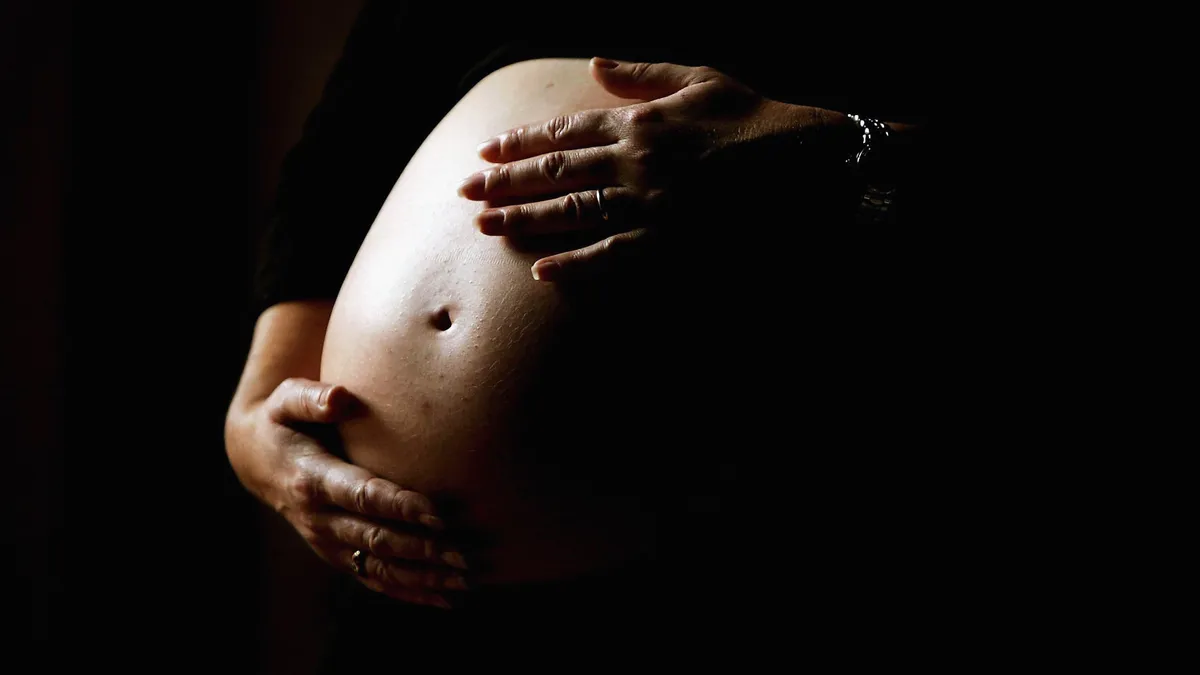Dive Brief:
- An employee of the nonprofit New York City Economic Development Corporation sued last week, alleging that her employer discriminated against her and retaliated when she sought medical leave during and after her pregnancy (Tieu v. NYCEDC, et. al, No. 1:21-cv-05951 (S.D. NY. July 12, 2021)).
- The employee sought an accommodation for hearing loss experienced during her pregnancy but alleged NYCEDC "resisted" the request and labeled her "'unfit for work.'" When she applied for maternity leave, the employee alleged her manager initially refused to grant leave or accommodate her pregnancy and retaliated by giving her a negative performance review. She alleged she was directed to start maternity leave early. Upon her return to work, the employee alleged continued retaliation by NYCEDC. The employee, who identifies as Asian, also alleged racial discrimination, saying that NYCEDC treated her differently compared to White, non-pregnant and male co-workers.
- "NYCEDC is an inclusive organization, which takes great pride in its talented employees and its commitment to diversity and equity in the workplace," NYCEDC said in a statement to HR Dive. "Because this matter is in litigation, we will have no further comment. However, we can say unequivocally that every NYCEDC employee is regarded with respect and asked to treat each other, our external partners and vendors in the same manner."
Dive Insight:
A variety of federal, state and local statutes outline protections from employment discrimination on the basis of pregnancy. For example, the Pregnancy Discrimination Act, which amended the Civil Rights Act of 1964, added pregnancy as a protected category under federal law.
The U.S. Equal Employment Opportunity Commission has stated in guidance that if an employee is temporarily unable to perform job duties due to a medical condition related to pregnancy or childbirth, that employee must be treated "in the same way as [the employer] treats any other temporarily disabled employee." That may include providing reasonable accommodations such as light duty, alternative assignments, disability leave or unpaid leave.
Legislators continue to seek an expansion of protections for pregnant workers, however. That includes the Pregnant Workers Fairness Act, which most recently passed the House of Representatives in May with bipartisan support. Currently sitting in the Senate, the bill would prohibit employers from failing to provide reasonable accommodations to employees affected by pregnancy, childbirth or related conditions. It would also prohibit employers from requiring such workers to take paid or unpaid leave if other reasonable accommodations are available, among other provisions.
Stronger laws may benefit employers as well as workers, sources previously told HR Dive, primarily due to the potential for added clarity.
Other research has shown demographic disparities in pregnancy discrimination filings with the EEOC. Data analysis by the National Partnership for Women & Families found that, during EEOC fiscal years 2011 through 2015, pregnancy discrimination charges filed by Black or African American workers accounted for 28.6% of such charges, despite the fact that this group accounted for 14.3% of the U.S. female labor force.













